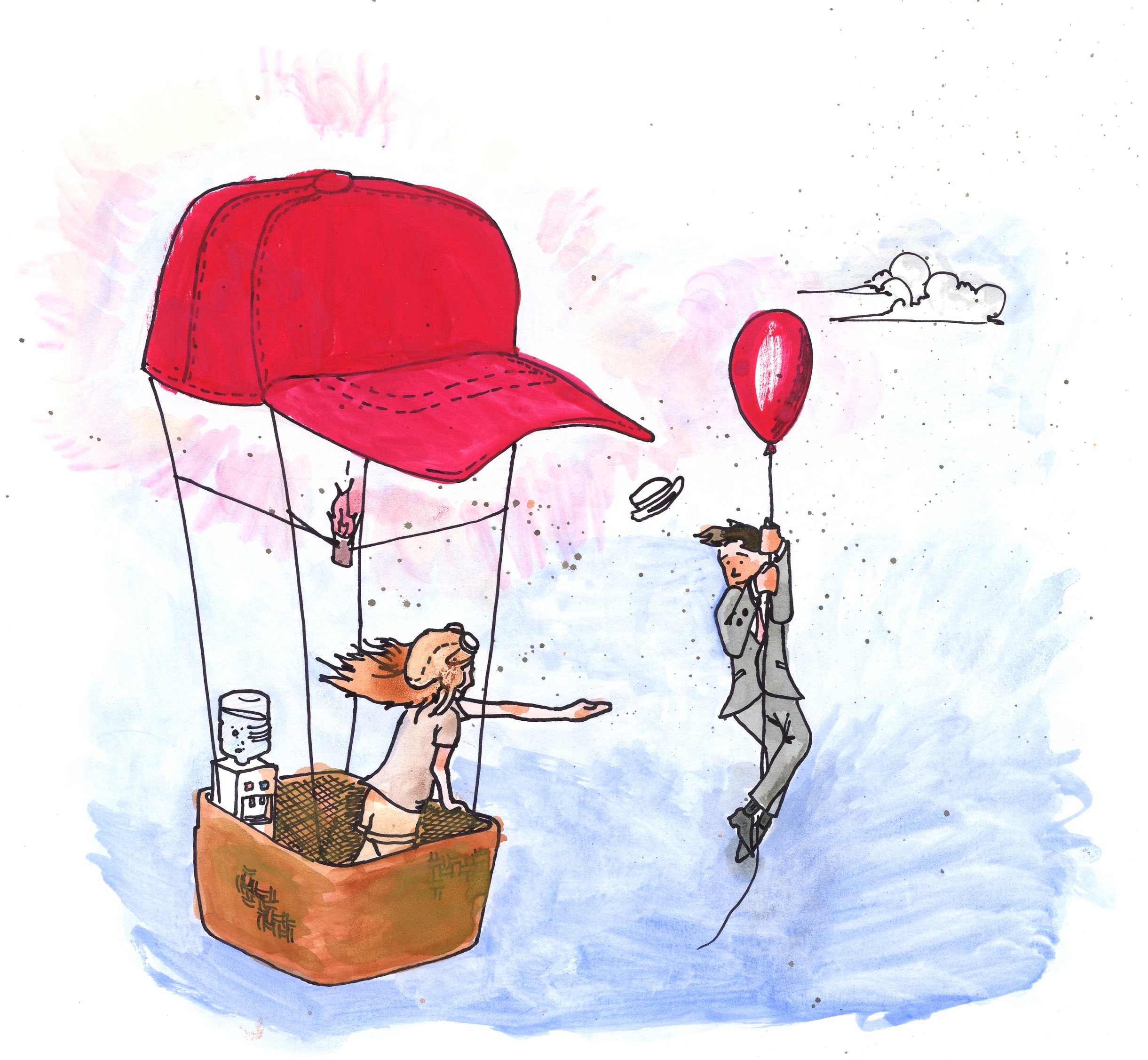Most of the time, I am a very happy person. I sing, I hum, I smile and laugh. But over the summer, I noticed something wrong. I didn’t feel happy. I didn’t care for the things I usually liked. It felt like something was missing. Like Hamlet, I had “lost all my mirth, (and) forgone all custom of exercises.” To put it bluntly, I was feeling depressed, and I knew that the best thing for me to do was to find help. So I decided to visit UCLA’s Counseling and Psychological Services.
In the high-pressure atmosphere of UCLA, where highly competitive students compete for classes, internships, jobs and even friends and popularity, depression and other disorders can come on swiftly, bred by feelings of underachievement and loneliness. They are extremely hard to talk about, for various reasons ““ pride, ignorance, skepticism, cultural attitudes and probably worst of all, shame.
This is why UCLA has Counseling and Psychological Services. Known as CAPS, it offers virtually everything a student grappling with a psychological problem could want: one-on-one counseling, group therapy sessions and meeting groups for specific issues. For example, CAPS has safe-space meetings for struggling gay and bisexual men. (In light of Tyler Clementi, the gay student at Rutgers who committed suicide, the need for such safe spaces is crucial.)
“This counseling center offers objectivity, unlike a friendship. We offer knowledge of human nature ““ helpful, specific, developmental knowledge,” said Dr. Elizabeth Gong-Guy, director of CAPS.
About 50 percent of college students have been too depressed to function, but only 10 percent have ever been diagnosed or treated for depression, according to a survey by the American College Health Association. These statistics don’t even discuss other disorders like generalized anxiety, eating disorders and drinking issues. At UCLA last year, about 5,250 undergraduates came to CAPS purely for clinical services, Gong-Guy said. 51 percent were diagnosed with depression, and 54 percent were diagnosed with general anxiety, she said. That’s only 7 to 8 percent of the overall UCLA student body.
It is absolutely critical that any student feeling depressed seek out help immediately, and CAPS can offer it. A study conducted at the University of Michigan reported that about half of depressed and anxious students don’t go to counseling, mostly because they think it won’t help or that they didn’t need it. But depression and other mental disorders can be very dangerous: About 1,100 college students commit suicide every year in the United States. About 80 percent of them never sought out counseling.
White women are the most likely to use psychological services, Gong-Guy said. Asian Americans and black people use the services in overwhelmingly low numbers, she added. But Asian Americans report higher rates of depression and social anxiety than white people, according to multiple studies.
This is because the concept of mental health has significant stigmas attached for Asian Americans ““ depression and other disorders are considered weak or shameful, according to statements made by Deborah S. Lee, director of Asian American Mental Health Services in an article by HealthyPlace.com.
For black students, depression may be considered merely part of the human experience and not worth talking about, according to statements by Dr. Annelle Primm, director of minority and national affairs for the American Psychiatric Association, in an article by Psychiatric News. The idea that one is not mentally stable has been heavily stigmatized. Students have probably turned away from seeking help because of these stigmas.
But there is no reason for students to feel ashamed of their emotions or to underestimate their intensity. No one escapes social pressure. Chances are, hundreds of students are feeling and thinking the same way ““ mentally exhausted, stressed beyond relief, hopeless and alone. They’ve lost interest in the things they love and can’t concentrate on what needs to be done. This is how I felt for a while, and the reason I visited CAPS. Turns out, it could be helped, and I was helped. While the details are mine, just the idea that I can return to seek help whenever I want is reassuring.
“We think of CAPS as co-curricular,” Gong-Guy said. “We want students to retain their emotional resiliency so that they can deal with the rest.”
Anybody is susceptible to depression and other disorders, and people should never feel ashamed or afraid of themselves. CAPS does an excellent job in patient confidentiality and privacy. The offices are quiet, comfortable and secluded ““ students even need to sign an authorization form to access their own records. Its services should be used to their full potential. Personality disorders can be debilitating and even fatal. There is never a good reason not to seek help. If you need it, it is there for you.
Think getting counseling is helpful? E-mail de la Fuente at fdelafuente@media.ucla.edu. Send general comments to opinion@media.ucla.edu.
